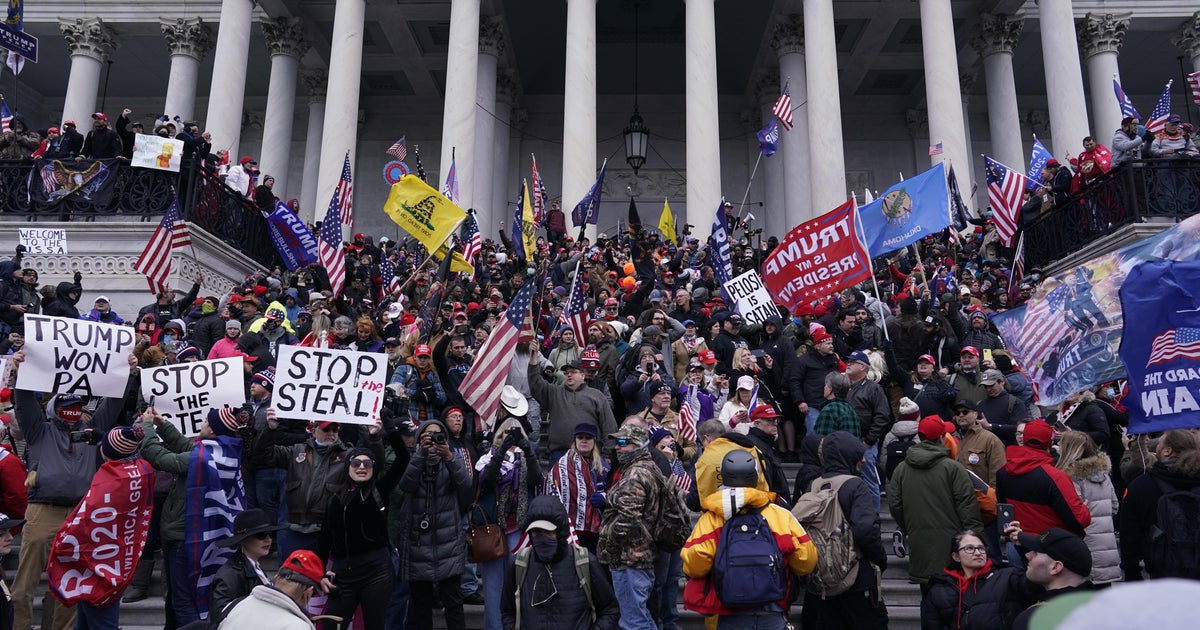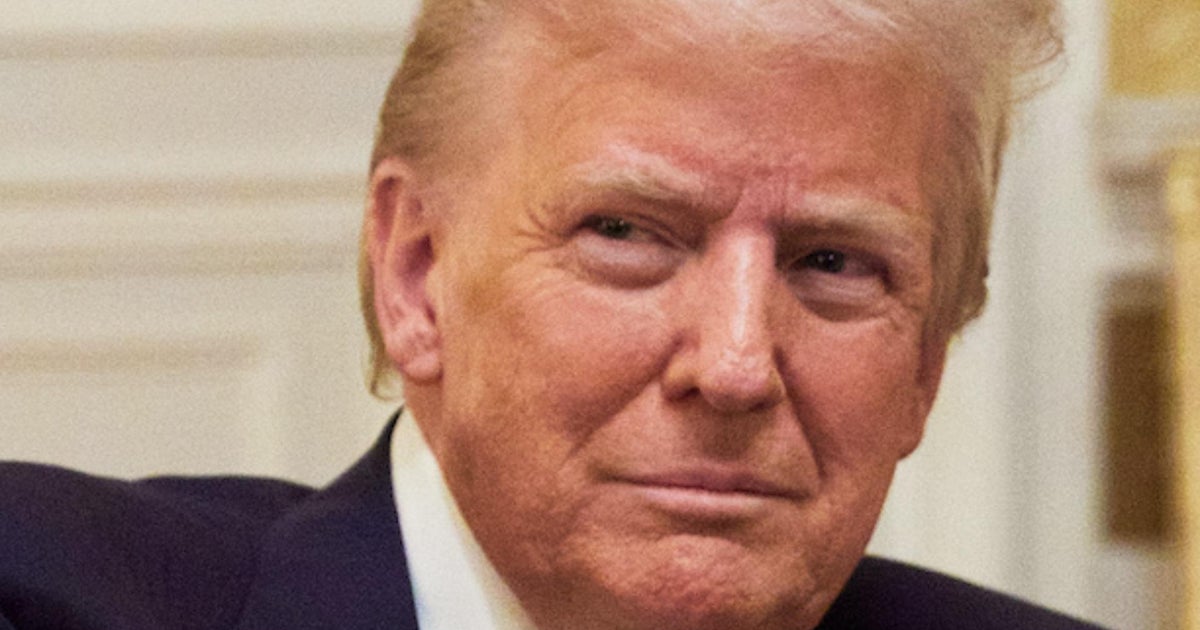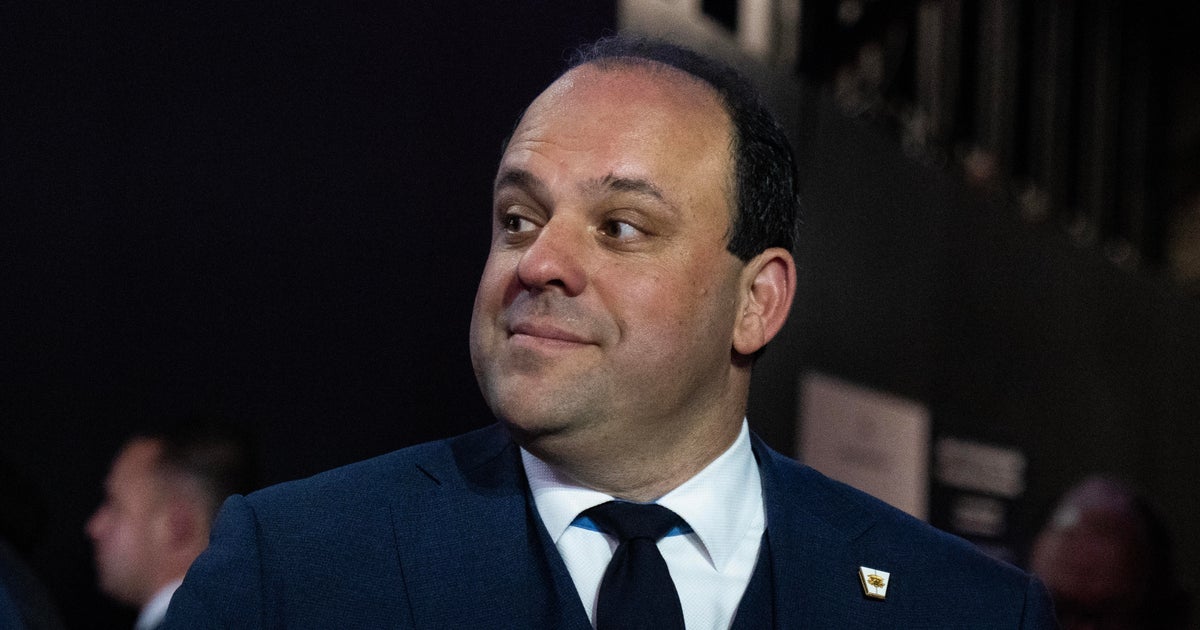Liz Cheney’s censure underscores Republican loyalties to Trump

On Friday, the Republican National Committee censured Reps. Liz Cheney (R-WY) and Adam Kinzinger (R-IL) for their participation in a congressional committee investigating the January 6 insurrection — a move that underscores just how closely the GOP continues to align itself with former President Donald Trump and his lies about the 2020 election.
The resolution condemns Cheney and Kinzinger for their involvement in the January 6 select committee in the House, which is dedicated to investigating the circumstances and causes of the insurrection. Though it doesn’t formally expel either member from the party, it essentially does so in practice.
The resolution, which was obtained by the New York Times, states that the RNC would “immediately cease any and all support of them as members of the Republican Party for their behavior which has been destructive to the institution of the U.S. House of Representatives, the Republican Party and our republic, and is inconsistent with the position of the Conference.”
Additionally, it describes their work on the January 6 committee as aiding “Democrat-led persecution of ordinary citizens engaged in legitimate political discourse,” seemingly downplaying the violence, killing, and destruction that took place at the Capitol and normalizing it. RNC Chair Ronna Romney McDaniel released a subsequent statement noting that the committee was focusing on “legitimate political discourse that had nothing to do with violence at the Capitol,” an apparent attempt to clarify the language from the resolution.
An RNC subcommittee approved the resolution on Thursday, and a majority of the RNC’s 168 members did the same in a voice vote on Friday.
Harmeet Dhillon, one of the resolution’s sponsors, told Politico the resolution is aimed at calling out Cheney and Kinzinger for their decision to “defy party leadership,” and not for their repeated criticism of Trump.
But it’s hard to interpret the resolution as anything other than a rebuke of Cheney and Kinzinger’s unwillingness to stay silent on Trump, given how outspoken both have been regarding the president’s role in spreading lies about the election that fueled the events of January 6. Republicans have been upset, too, about Cheney and Kinzinger’s participation in a committee that’s focused on the role GOP lawmakers played in amplifying false claims about the election.
Currently, Cheney and Kinzinger are the only Republicans on the January 6 committee. Originally, the House Homeland Security Committee hoped to create a fully bipartisan committee, but this plan was derailed by Minority Leader Kevin McCarthy. Republicans were left with just two members on the committee ultimately created by Pelosi after McCarthy nominated lawmakers who voted to overturn legitimate election results as committee members. Pelosi invited Cheney and Kinzinger — who are among the House’s most conservative lawmakers — in part because they were among the 10 House Republicans who voted for Trump’s impeachment in the wake of the insurrection.
Following the announcement of the RNC subcommittee’s censure vote, both lawmakers put out statements standing by their participation in the January 6 committee, and criticizing the party for moving forward with this resolution.
“I do not recognize those in my party who have abandoned the Constitution to embrace Donald Trump,” Cheney wrote in a statement. “History will be their judge.”
“Rather than focus their efforts on how to help the American people, my fellow Republicans have chosen to censure two lifelong members of their Party for simply upholding their oaths of office,” Kinzinger said.
I’m a constitutional conservative and I do not recognize those in my party who have abandoned the Constitution to embrace Donald Trump. History will be their judge. I will never stop fighting for our constitutional republic. No matter what. (2/2) https://t.co/HtgFzrCipd
— Liz Cheney (@Liz_Cheney) February 4, 2022
This is far from the first time Cheney and Kinzinger have faced GOP blowback for how directly they’ve been willing to confront Trump’s lies about the 2020 election results. Previously, House Republicans removed Cheney from leadership for her criticism of Trump, and a GOP organization in Illinois has censured Kinzinger for similar reasons. Cheney also faces a primary challenge from Trump-backed attorney Harriet Hageman for her Wyoming House seat, while Kinzinger has opted not to run for reelection.
The censure, while a rare move, won’t affect Cheney’s or Kinzinger’s current roles in the House. A prior version of the resolution could have had more of an impact: It urged House Republican leadership to kick both members out of the conference. That would have put McCarthy in the difficult position of deciding whether to remove both members, something the House Freedom Caucus has pushed for before, too.
The final version simply criticizes their actions. Ultimately, the censure serves mainly to reaffirm the message that many Republicans aren’t interested in confronting Trump about his role in contesting the election and stoking the January 6 insurrection. If anything, many intend to give their full support to what he says, no matter how dangerous or untrue.
The censure is emblematic of Trump’s influence on the Republican Party
The passage of the resolution is indicative of how many Republicans continue to back Trump and his views.
In fact, the resolution specifically mentions Trump, rebuking Cheney and Kinzinger for working on the committee alongside Democrats, arguing that they “support Democrat efforts to destroy President Trump more than they support winning back a Republican majority in 2022.”
Based on the success of Friday’s vote, most in the RNC appear to share this view. But there is a small group of moderate Republicans who used the vote to make it clear they disagree with the party’s unwillingness to take on Trump and call out the severity of the January 6 insurrection.
Sens. Mitt Romney (R-UT) and Bill Cassidy (R-LA) were among those who questioned why Republicans were pursuing this censure. Former RNC party chair Michael Steele decried the censure as a “pathetic act of cowardice.” And current RNC member Bill Palatucci said the censure was a “distracting sideshow,” which followed the RNC’s failure to condemn participants in the January 6 attack.
“Shame falls on a party that would censure persons of conscience, who seek truth in the face of vitriol,” Romney wrote in a Twitter post.
Shame falls on a party that would censure persons of conscience, who seek truth in the face of vitriol. Honor attaches to Liz Cheney and Adam Kinzinger for seeking truth even when doing so comes at great personal cost.
— Mitt Romney (@MittRomney) February 4, 2022
The RNC is censuring Liz Cheney and Adam Kinzinger because they are trying to find out what happened on January 6th – HUH?
— U.S. Senator Bill Cassidy, M.D. (@SenBillCassidy) February 4, 2022
Loyalty to Trump is set to play a role in the midterms
The censure also foreshadows the role that loyalty to Trump is likely to play in the upcoming midterm elections.
Cheney is among the Republican incumbents facing a primary challenge due to their opposition to Trump. The RNC this week also ratified a rule that enables it and the Wyoming Republican Party to financially support Hageman, the candidate challenging Cheney. Other Trump critics including Reps. Tom Rice (R-SC), Fred Upton (R-MI), and Jaime Herrera Beutler (R-WA) are set to face Trump-backed primary challengers because of their vote to impeach him in January 2021. As the New York Times reports, the incumbent candidates have so far been able to out-raise their opponents.
Trump’s endorsement could play a significant role in crowded primaries for open Senate seats in Pennsylvania, Ohio, and North Carolina. In the past, loyalty to Trump has been a factor in a number of House and Senate primary races, and many — though not all — of his endorsed candidates have won. In 2020, Trump’s backing appeared to help former football coach Tommy Tuberville beat former Sen. Jeff Sessions in an Alabama Senate primary, and buoyed House candidates like Lisa Scheller in Pennsylvania.
In a handful of races, however, his endorsement hasn’t been enough to secure victory. In Texas, Susan Wright lost a special election runoff despite having the former president’s backing, and in a North Carolina House district, Lynda Bennett lost a Republican primary.
That hasn’t stopped candidates from vying for Trump’s endorsement. That’s because, particularly in races in which the incumbent has a cash advantage, Trump’s backing is seen as a powerful way to boost one’s fundraising and legitimacy. And as Friday’s censure proves, it is also a way to signify one’s status as a “true Republican.”
Cheney and Kinzinger’s censure, ultimately, is indicative of how much the Republican Party continues to value allegiance to Trump, sending a signal to candidates and voters ahead of the midterms.
Checkout latest world news below links :
World News || Latest News || U.S. News
Source link



